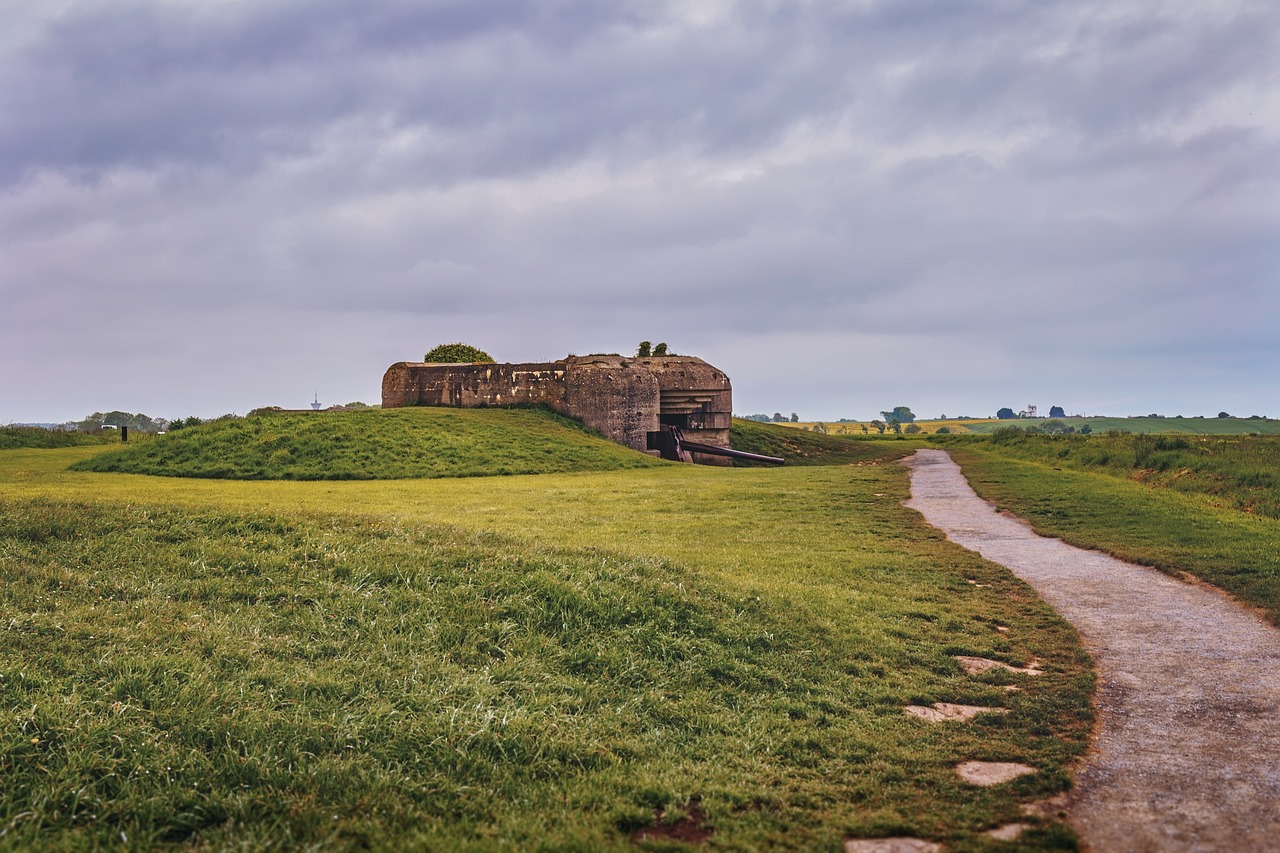Question: What were the top causes and consequences of World War II, and who were the responsible leaders for decisions?
Answer:
World War II, which spanned from 1939 to 1945, was a global conflict that involved over 30 countries and resulted in significant changes in the political, social, and economic landscape of the world. The causes and consequences of this war are multifaceted and complex, involving a myriad of factors and key figures.
Top Causes of World War II:
1. Treaty of Versailles: The Treaty of Versailles ended World War I but left Germany with a sense of humiliation due to its harsh terms. The treaty imposed heavy reparations on Germany, limited its military capabilities, and stripped it of its colonies. This led to resentment among Germans, setting the stage for another conflict.
2. Rise of Fascism: In Italy and Germany, fascist leaders like Benito Mussolini and Adolf Hitler rose to power promising to restore national pride and rectify the injustices of the Treaty of Versailles. They propagated aggressive nationalism, militarism, and authoritarianism.
3. Expansionist Policies: Both Japan and Germany pursued aggressive expansionist policies. Japan invaded Manchuria in 1931 while Germany annexed Austria in 1938 and invaded Poland in 1939.
4. Failure of Appeasement: The policy of appeasement adopted by Britain and France towards Germany’s territorial demands failed to prevent war but instead emboldened Hitler’s ambitions.
5. Ineffectiveness of League of Nations: The League failed to take decisive action against aggressor nations, thereby failing to maintain peace.
Top Consequences of World War II:
1. Emergence of Superpowers: The end of World War II saw the emergence of the United States and Soviet Union as superpowers leading to a new geopolitical order marked by the Cold War.
2. Decolonization: The war weakened European powers, accelerating the process of decolonization in Asia and Africa.
3. Formation of United Nations: To prevent future conflicts, the United Nations was established in 1945, aiming to maintain international peace and security.
4. Economic Impact: Europe was devastated by the war, leading to a shift in economic power to the United States and Soviet Union. The Marshall Plan was implemented to rebuild war-torn Europe.
5. Holocaust and Genocide Awareness: The horrific genocide of six million Jews during the Holocaust led to increased awareness and efforts to prevent such atrocities in the future.
Responsible Leaders:
1. Adolf Hitler (Germany): Hitler’s aggressive policies and expansionist ideology were major causes of World War II. He signed the Tripartite Pact with Italy and Japan, forming the Axis Powers.
2. Benito Mussolini (Italy): Mussolini’s fascist regime was a key ally of Germany. His invasion of Ethiopia in 1935 was an early indication of his expansionist ambitions.
3. Neville Chamberlain (Britain) & Édouard Daladier (France): Their policy of appeasement towards Hitler’s demands failed to prevent war.
4. Franklin D. Roosevelt (USA) & Winston Churchill (Britain): Their leadership was crucial in forming the Allied Powers and leading them to victory.
5. Joseph Stalin (Soviet Union): Initially allied with Germany through the Molotov-Ribbentrop Pact, Stalin later joined the Allies after Hitler’s invasion of the Soviet Union in 1941.
In conclusion, World War II was a complex event with numerous causes and far-reaching consequences. It reshaped global politics and society, leaving an indelible mark on history.
